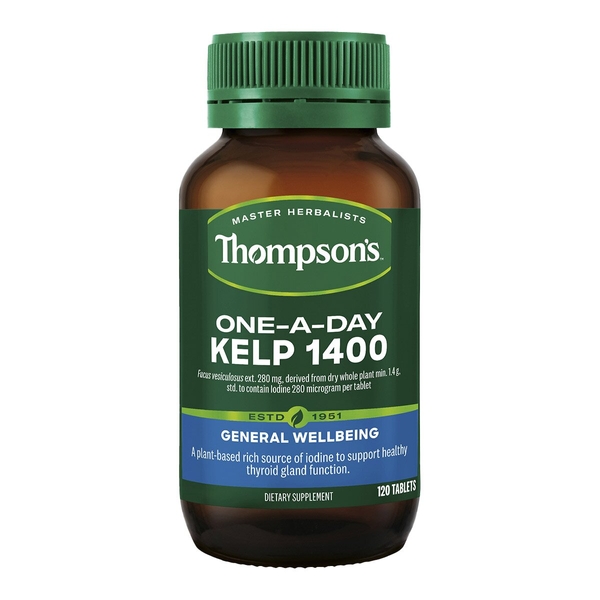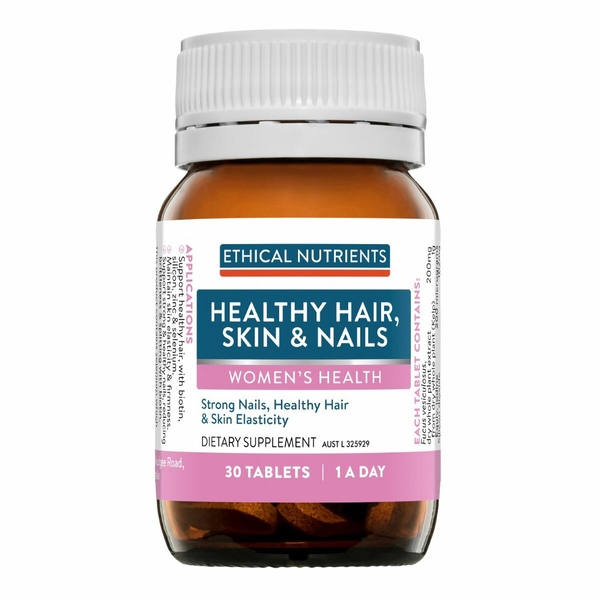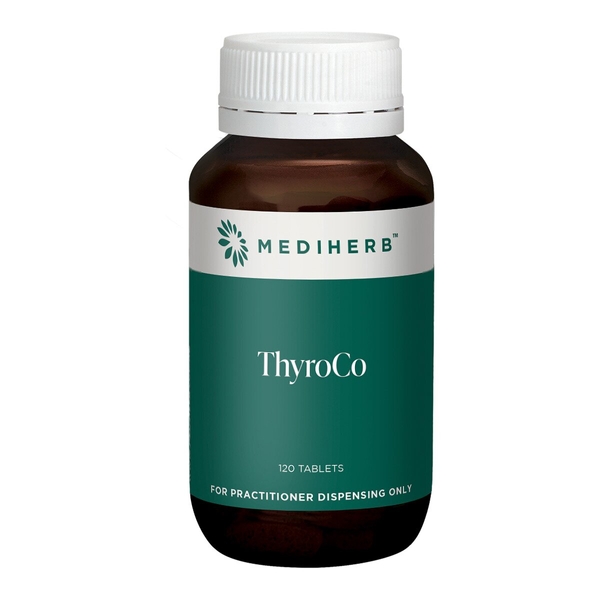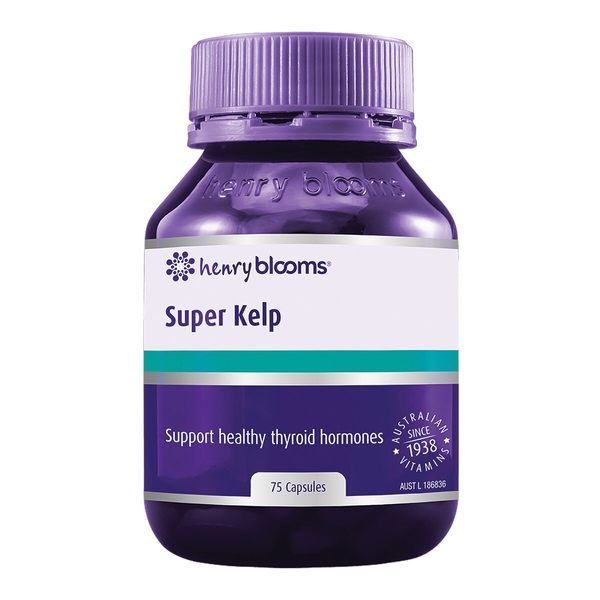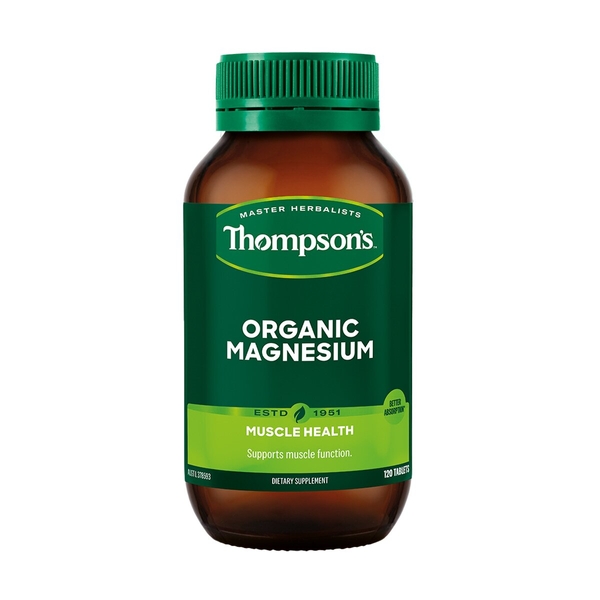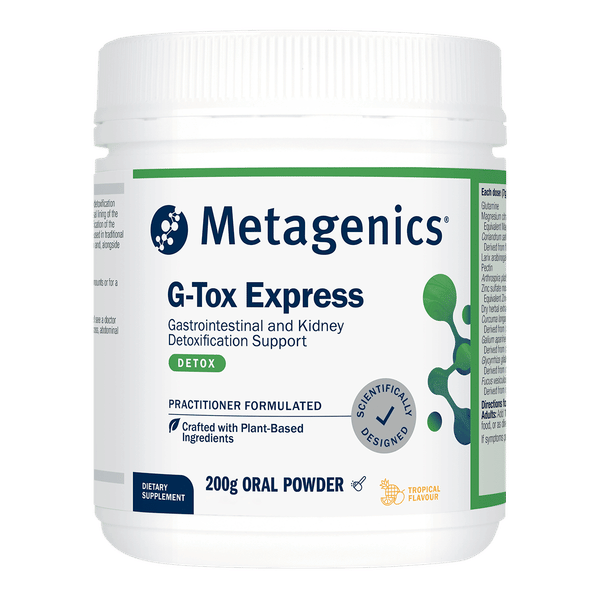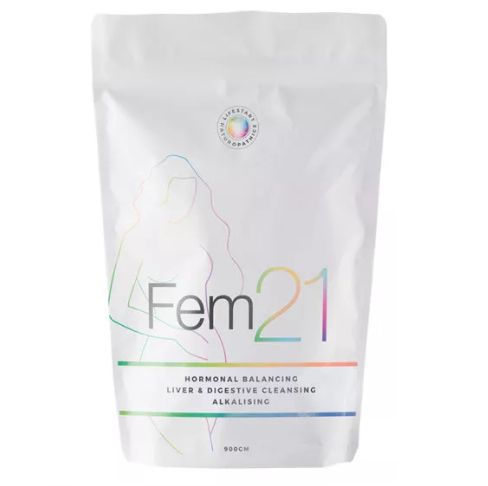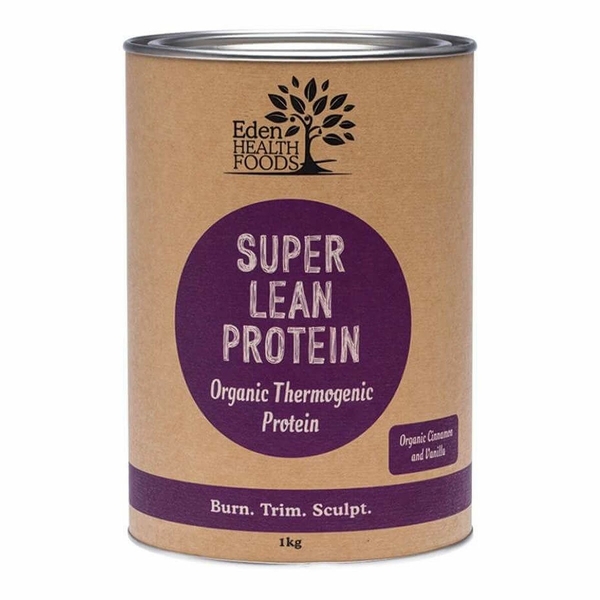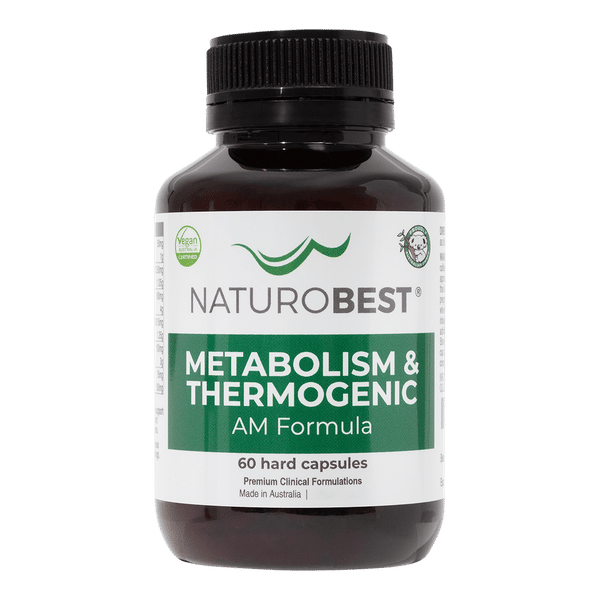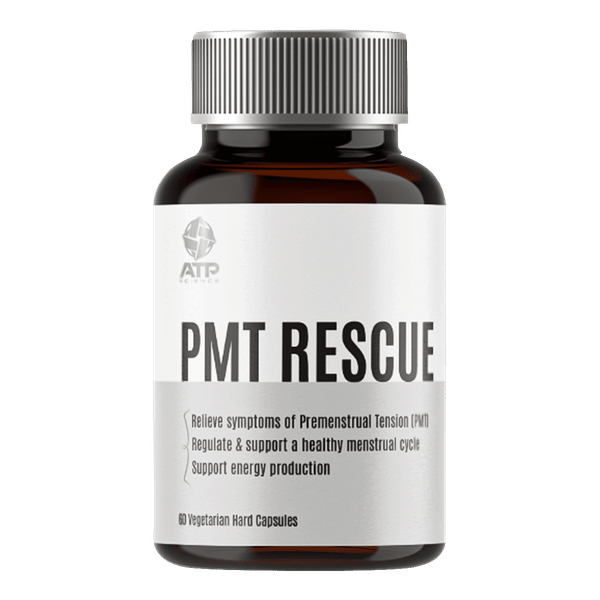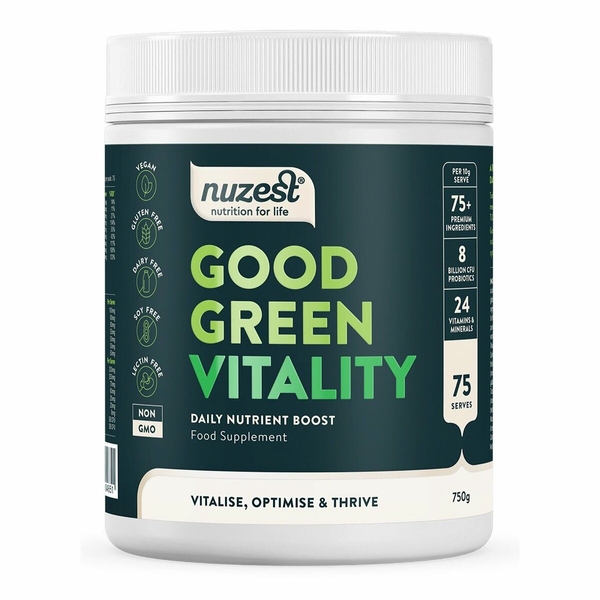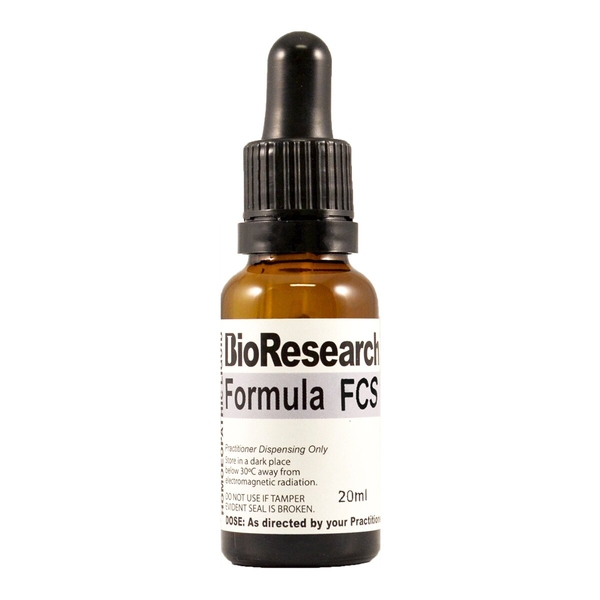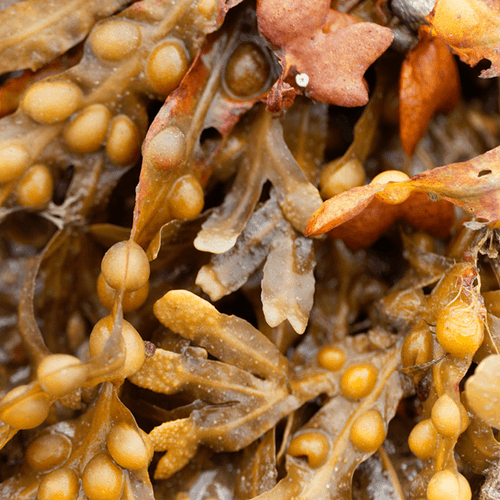
Background
Fucus vesiculosus contains varying amounts of iodine. Iodine might help prevent or treat some thyroid disorders. Fucus vesiculosus also might have antidiabetic effects and affect hormone levels.
People use Fucus vesiculosus for thyroid disorders, obesity, aging skin, constipation, and many other conditions, but there is no good scientific evidence to support these uses.
Don't confuse Fucus vesiculosus with algin, bladderwort, blue-green algae, ecklonia cava, or laminaria. These are not the same.
Safety Safety definitions
When applied to the skin: Fucus vesiculosus is possibly safe.
Special Precautions & Warnings:
Pregnancy and breast-feeding: Fucus vesiculosus is possibly unsafe to use while pregnant or breast-feeding because it might contain iodine and heavy metals. Don't use it.Surgery: Fucus vesiculosus might slow blood clotting. It might cause extra bleeding during and after surgery. Stop taking Fucus vesiculosus at least 2 weeks before surgery.
Thyroid disorders: Fucus vesiculosus may contain large amounts of iodine. Long-term use or high doses of iodine might make certain thyroid disorders worse. Also, people with autoimmune thyroid disease might be especially sensitive to the harmful effects of iodine.
Effectiveness
Dosing & administration
Interactions with pharmaceuticals
Amiodarone (Cordarone)
Interaction Rating=Moderate Be cautious with this combination.
Fucus vesiculosus and amiodarone both contain iodine. Taking fucus vesiculosus with amiodarone might increase the levels of iodine in the blood. Too much iodine in the blood can cause side effects that affect the thyroid.
Lithium
Interaction Rating=Moderate Be cautious with this combination.
Fucus vesiculosus can contain large amounts of iodine. Large amounts of iodine can change thyroid function. Lithium can also change thyroid function. Taking Fucus vesiculosus along with lithium might increase the risk of thyroid function changes.
Medications changed by the liver (Cytochrome P450 2C8 (CYP2C8) substrates)
Interaction Rating=Minor Be watchful with this combination.
Some medications are changed and broken down by the liver. Fucus vesiculosus might change how quickly the liver breaks down these medications. This could change the effects and side effects of these medications.
Medications changed by the liver (Cytochrome P450 2C9 (CYP2C9) substrates)
Interaction Rating=Minor Be watchful with this combination.
Some medications are changed and broken down by the liver. Fucus vesiculosus might change how quickly the liver breaks down these medications. This could change the effects and side effects of these medications.
Medications changed by the liver (Cytochrome P450 2D6 (CYP2D6) substrates)
Interaction Rating=Minor Be watchful with this combination.
Some medications are changed and broken down by the liver. Fucus vesiculosus might change how quickly the liver breaks down these medications. This could change the effects and side effects of these medications.
Medications changed by the liver (Cytochrome P450 3A4 (CYP3A4) substrates)
Interaction Rating=Minor Be watchful with this combination.
Some medications are changed and broken down by the liver. Fucus vesiculosus might change how quickly the liver breaks down these medications. This could change the effects and side effects of these medications.
Medications for an overactive thyroid (Antithyroid drugs)
Interaction Rating=Moderate Be cautious with this combination.
Fucus vesiculosus can contain large amounts of iodine. Iodine can increase or decrease thyroid function. Taking Fucus vesiculosus along with medications for an overactive thyroid might change the effects of these medications.
Medications that slow blood clotting (Anticoagulant / Antiplatelet drugs)
Interaction Rating=Moderate Be cautious with this combination.
Fucus vesiculosus might slow blood clotting. Taking Fucus vesiculosus along with medications that also slow blood clotting might increase the risk of bruising and bleeding.
Thyroid hormone
Interaction Rating=Moderate Be cautious with this combination.
Fucus vesiculosus contains iodine. Iodine can increase or decrease thyroid function. Taking Fucus vesiculosus along with thyroid hormone medications might increase the effects of these medications.
Interactions with herbs & supplements
Iodine-containing herbs and supplements: Fucus vesiculosus contains iodine. Taking Fucus vesiculosus with other products that contain iodine might cause iodine levels to go too high. This can cause side effects, such as changes in thyroid function. Examples of supplements that contain iodine include seaweed products, such as dulse and laminaria.
Strontium: Fucus vesiculosus contains alginate. Alginate can reduce the absorption of strontium. Taking Fucus vesiculosus with strontium supplements might reduce the absorption of strontium.
Interactions with foods
Products
View all products- Fucus vesiculosus (Bladderwrack) ext. 200 mg equiv. iodine 200 µg
- Zinc amino acid chelate 75 mg equiv. zinc 15 mg
- Biotin 2.5 mg
- Silicon dioxide 107 mg equiv. silicon 50 mg
- Lycopene 6 mg
- Beta-carotene carotenoids (Vitamin A) 4.8 mg
- Borax 26 mg equiv. boron 3 mg
- Manganese amino acid chelate 94 mg equiv. manganese 15 mg
- Selenomethionine 188 μg equiv. selenium 75 μg
- d-alpha-Tocopheryl acid succinate (Vitamin E) 12 mg equiv. d-alpha-tocopherol 14.9 IU
- Fucus vesiculosus (Bladderwrack) ext. 5 mg equiv. iodine 5 μg
- Total Magnesium 174.9 mg
- Magnesium aspartate dihydrate 100 mg equiv. magnesium 7.5 mg
- Magnesium orotate 100 mg equiv. magnesium 6.4 mg
- Magnesium amino acid chelate 806 mg equiv. magnesium 161 mg
- Pyridoxine hydrochloride (Vitamin B6) 30 mg equiv. pyridoxine 24.7 mg
- Cholecalciferol 2.5 μg equiv. vitamin D3 100 IU
- Fucus vesiculosus (Bladderwrack) ext. 50 mg
- Galium aparine ext. 500 mg
- L-glutamine 2 g
- Zinc sulphate monohydrate 41 mg equiv. zinc 15 mg
- Curcuma longa ext. 152 mg
- Glycyrrhiza glabra deglycyrrhizinised ext. 313 mg
- Coriandrum sativum ext. 56 mg
- Pectin 500 mg
- Larix occidentalis (arabinogalactan) (Larch) 1 g
- Magnesium citrate 1.3 g equiv. magnesium 210 mg
- Arthrospira platensis (Spirulina) 500 mg
- Fucus vesiculosus (Bladderwrack)
- Wheatgrass powder
- Brassica oleracea var. italica (Broccoli)
- Hordeum vulgare (leaf) powder
- Plantago ovata (husk) (Psyllium)
- Citrus limon (Lemon)
- Zingiber officinale
- Actaea racemosa
- Rosmarinus officinalis
- Silybum marianum
- Glycyrrhiza glabra
- Vitex agnus-castus (fruit)
- Eleutherococcus senticosus
- Taraxacum officinale
- Stevia rebaubiana
- Lactobacillus acidophilus
- Cinnamon zeylanicum (bark)
- Punica granatum
- Rubus idaeus
- Lactobacillus reuteri
- Bacillus coagulans (MTCC 5260)
- Green banana
- Centella asiatica
- Fructooligosaccharides
- Fucus vesiculosus (Bladderwrack)
- Oryza sativa (Brown rice sprout, bio-fermented protein)
- Golden pea protein (sprout) bio-fermented
- Garcinia cambogia
- Myristica fragrans (Nutmeg)
- Curcumin (Turmeric)
- Capsicum spp.
- Foeniculum vulgare (seed)
- Arctium lappa (root)
- Stevia rebaubiana (leaf)
- Taraxacum officinale (leaf)
- Eleutherococcus senticosus (root)
- Coleus forskohlii (root)
- Petroselinum crispum (leaf)
- Crataegus monogyna (berry)
- Juglans nigra (fruit hull)
- Zingiber officinale
- Stellaria media
- Apple pectin
- Cinnamomum spp.
- Vanilla planifolia (Vanilla bean)
- Laminaria digitara (Kelp)
- Fucus vesiculosus (Bladderwrack) ext. 6.25 mg
- Vitex agnus-castus ext. 50 mg
- Schisandra chinensis ext. 60 mg
- Pyridoxal 5-phosphate monohydrate (P5P) 20 mg equiv. pyridoxine 12.76 mg
- Rosmarinus officinalis ext. 100 mg
- Silybum marianum ext. 100 mg
- Curcuma longa ext. 40 mg
- Chromium picolinate 201 μg equiv. chromium 25 μg
- Zinc citrate dihydrate 31.15 mg equiv. zinc 10 mg
- Brassica oleracea var. italica (Broccoli) 100 mg
- Fucus vesiculosus (Bladderwrack) powder 97 mg
- Pea protein isolate 8.3 g
- Lactobacillus acidophilus 1.58 billion CFU
- Bifidobacterium bifidum 1.58 billion CFU
- Marine algae 500 mg
- Linum usitatissimum (seed) (Flaxseed) 250 mg
- Sunflower lecithin 200 mg
- Spinacia oleracea (Spinach) 100 mg
- Beta vulgaris (root) powder (Beetroot) 100 mg
- Daucus carota powder (Carrot) 100 mg
- Arthrospira platensis (Spirulina) 100 mg
- Wheatgrass powder 100 mg
- Zingiber officinale powder 40 mg
- Ribes nigrum powder 200 mg
- Vitis vinifera powder 200 mg
- Malpighia glabra powder 100 mg
- Lycium chinese powder 100 mg
- Vaccinium myrtillus powder 100 mg
- Bacopa monnieri powder 50 mg
- Taraxacum officinale powder 30 mg
- Malus (fibre) powder (Apple) 587 g
- Apple pectin 200 mg
- Plantago ovata (husk) (Psyllium) 100 mg
- Citric acid anhydrous 150 mg
- Citrus bioflavonoids extract 70 mg
- Ananas comosus (Bromelain) 30 mg
- R,S-alpha lipoic acid 20 mg
- Beta glucan 11.5 mg
- Dunaliella salina 8 mg
- Lutein 2 mg
- Zeaxanthin (Carotenoids) 400 µg
- Natural chocolate flavour
- Potassium phosphate dibasic
- Calcium citrate
- Ascorbic acid (Vitamin C)
- Zinc gluconate
- d-alpha-Tocopheryl acid succinate (Vitamin E)
- Thaumatin
- Nicotinamide (Vitamin B3)
- Manganese gluconate
- D-calcium pantothenate (Vitamin B5)
- Tocopherols concentrate - mixed (Vitamin E)
- Selenomethionine
- Retinyl palmitate
- Riboflavin (Vitamin B2)
- Thiamine hydrochloride (Vitamin B1)
- Pyridoxine hydrochloride (Vitamin B6)
- Folate
- Chromium picolinate
- Cholecalciferol
- Stevia rebaubiana powder
- Phytomenadione (Vitamin K1)
- Copper gluconate
- Calendula officinalis powder
- Biotin
- Cyanocobalamin (Vitamin B12)
- Theobroma cacao powder 2.1 g
- Brassica oleracea var. italica powder 100 mg
- Carica papaya 50 mg
- Hordeum vulgare 100 mg
- Natural vanilla flavour
- Magnesium gluconate
- Menaquinone 7 (Vitamin K2)
- Fucus vesiculosus (Bladderwrack)
- Pea protein isolate
- Malus (Apple)
- Apple pectin
- Arthrospira platensis (Spirulina)
- Linum usitatissimum (seed) (Flaxseed)
- Sunflower lecithin
- Marine algae
- Wheatgrass powder
- Beta vulgaris (root) powder (Beetroot)
- Brassica oleracea var. italica (Broccoli)
- Chlorella pyrenoidosa powder
- Spinacia oleracea (Spinach)
- Daucus carota powder (Carrot)
- Zingiber officinale
- Glycyrrhiza glabra (root)
- Cynara scolymus
- Ribes nigrum
- Vitis vinifera
- Malpighia glabra
- Vaccinium myrtillus
- Camellia sinensis
- Rosa canina
- Centella asiatica
- Silybum marianum
- Rhodiola rosea
- Rosmarinus officinalis
- Withania somnifera
- Taraxacum officinale
- Lycium chinese (berry)
- Citric acid anhydrous
- Citrus bioflavonoids extract
- R,S-alpha lipoic acid
- Beta glucan
- Ubiquinol-10 (Coenzyme Q10)
- Dunaliella salina
- Lactobacillus acidophilus
- Bifidobacterium bifidum
- Potassium phosphate dibasic
- Magnesium citrate
- Ascorbic acid (Vitamin C)
- Natural vanilla flavour
- Natural pineapple flavour
- Zinc citrate
- Tocopherols concentrate - mixed (Vitamin E)
- Selenomethionine
- D-calcium pantothenate (Vitamin B5)
- Nicotinamide (Vitamin B3)
- Pyridoxine hydrochloride (Vitamin B6)
- Retinyl palmitate
- Cholecalciferol
- Copper gluconate
- Thiamine hydrochloride (Vitamin B1)
- Riboflavin (Vitamin B2)
- Folate
- Chromium picolinate
- Panax ginseng
- Stevia rebaubiana (leaf)
- Phytomenadione (Vitamin K1)
- Biotin
- Cyanocobalamin (Vitamin B12)
- Lentinula edodes (fruiting body)
- Ulmus rubra (bark inner) powder
- Hordeum vulgare
- Plantago ovata (husk) (Psyllium)
- Theobroma cacao
- Tocopherols concentrate - mixed (Vitamin E)
- Astragalus membranaceus
- Manganese gluconate
- Menaquinone 7 (Vitamin K2)
- Fallopia japonica
- Amylase enzyme
- Protease
- Lipase
- Cellulase
- Lactase
- Euterpe oleracea (berry) ext. (Acai)
- Bacopa monnieri
- Salvia officinalis
- Vaccinium macrocarpon

